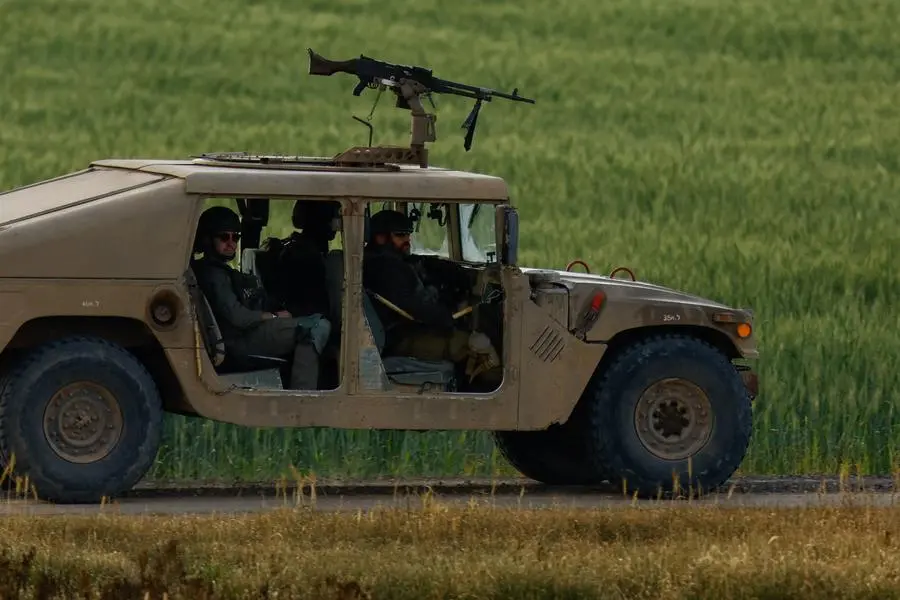PHOTO
Britain's opposition Labour Party has called for an immediate ceasefire between Israel and Hamas, a change of policy that seeks to avoid another parliamentary rebellion over an issue that has caused deep internal divisions.
Lawmakers will vote on Wednesday on an opposition Scottish National Party motion calling for an immediate ceasefire. That threatened to reprise a row in Labour after nearly a third of its lawmakers defied the leadership last year to back calls for a ceasefire.
Labour drafted its own amendment that calls for an "immediate humanitarian ceasefire". It also added some conditions to it in accordance with the positions of other Western nations, in a shift of policy after the party previously only called for a lasting ceasefire.
"Our amendment calls for an immediate humanitarian ceasefire, in line with our allies. We need the hostages released and returned. We need the fighting to stop now. We need a massive humanitarian aid programme for Gaza. And any military action in Rafah cannot go ahead," a spokesperson said.
With Labour well ahead in opinion polls, the party is expected to form the next government at a national election later this year.
But its response to the war in Gaza has caused conflict among the parliamentary party and its supporters.
A similar motion tabled by the SNP in November saw Labour leader Keir Starmer suffer the biggest rebellion of his leadership when 56 Labour members of parliament voted to back it.
Labour's amendment calls on the House of Commons to "support Australia, Canada and New Zealand's calls for Hamas to release and return all hostages".
The amendment also "condemns the terrorism of Hamas" and says that "Israel cannot be expected to cease fighting if Hamas continues with violence".
The war in Gaza started last October when Hamas fighters burst into southern Israel, killing 1,200 people, mostly civilians, and seizing more than 250 hostages.
Since then the Israeli military response has resulted in the deaths of more than 29,000 Palestinians, according to Palestinian health authorities.
(Reporting by Andrew MacAskill, editing by Elizabeth Piper and Kate Holton)





















